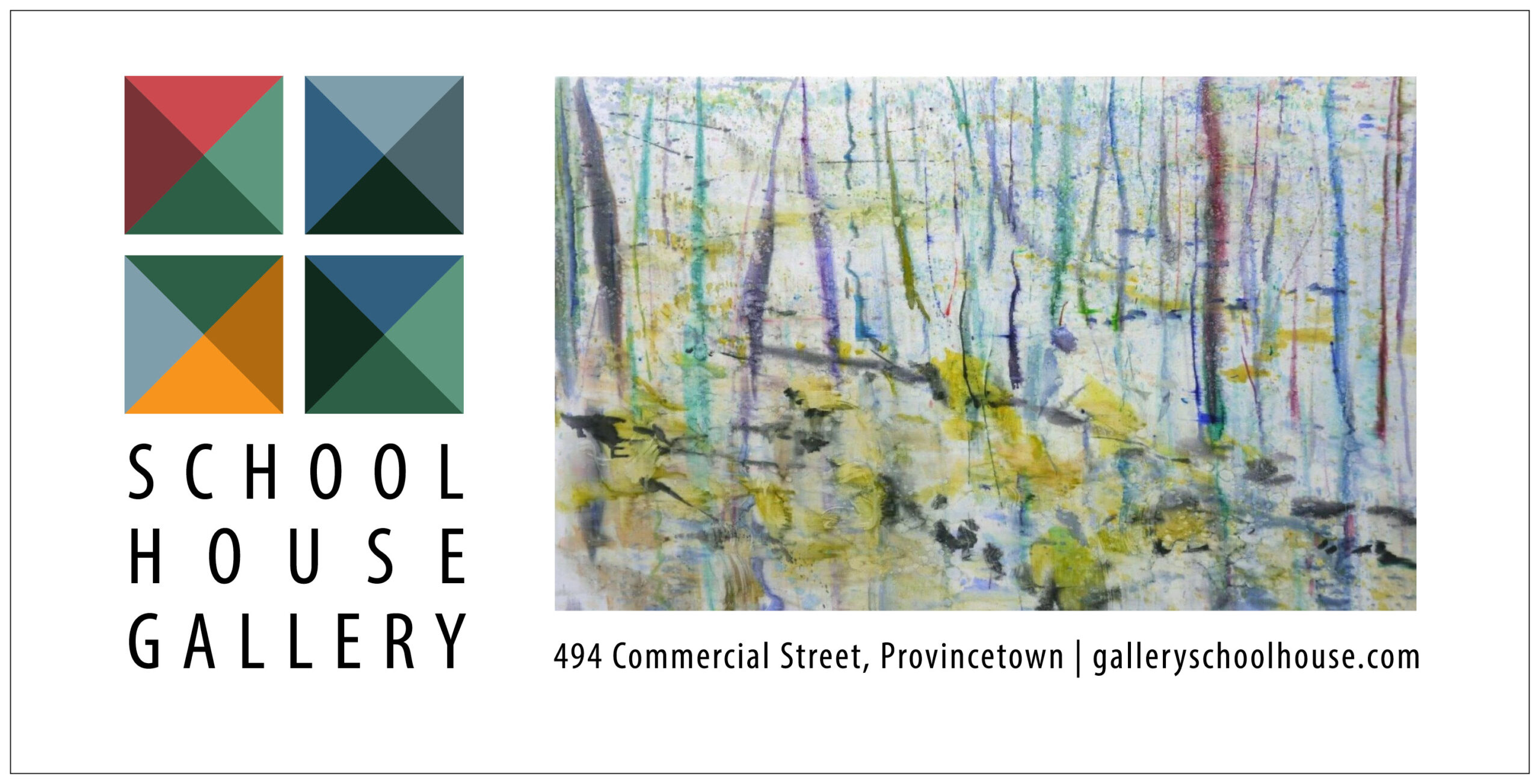In 1872, Congress authorized the reorganization of the U.S. Life-Saving Service and the refurbishing of old and building of new stations along the Atlantic Coast. The waters off Cape Cod were treacherous, and many a ship was wrecked on the shoals of the Outer Beach. In the 1870s, nine stations were built from Race Point in Provincetown to Monomoy Point in Chatham. Their crews patrolled the shore and kept watch for mariners in danger. The U.S. Life-Saving Service stands as a lofty example of responsible and compassionate governance almost unimaginable today.
Over the years, there have been countless other agencies created by the federal government to keep watch over human rights, people’s health, air quality, the water supply, food production, the welfare of children, and the lives of endangered flora and fauna. Many of these agencies are under attack by the current administration.
In their way, teachers also are entrusted with keeping watch. Though the peril might not appear imminent, young people — all of us, in fact — are awash in unfiltered information broadcast indiscriminately on various social media platforms. I spent my entire professional life teaching my students to pay attention to detail, to draw evidence-based conclusions, and to respond with empathy as well as reason to the life stories of other people. That is one reason why the lack of empathy for the downtrodden and the assault on truth that we have witnessed in the last three years is so distressing.
After the 2016 election, my colleagues and I found ourselves discussing political matters ad infinitum, but such talk, we were well aware, resolved nothing. We were less aware that a deep-rooted angst was worming itself deeper and deeper into our collective consciousness.
We can all list many things that are wrong with our country and that merit reform: growing income inequality, escalating racial and ethnic tensions, a lack of justice in our health care system, increasing environmental depredation, all of which are reinforced by a structurally flawed electoral process that undermines democracy.
The most important thing I did in 38 years in the classroom was teaching American literature. America’s writers, remarkably affirmative on the one hand, are also ferociously honest and critical in regard to our country’s failings, especially when our actions fall short of the ideals we trumpet to the world. The American Dream was the unifying principle for the course, but I was free to present it as the double-edged sword that it is.
Many of the students I taught came from privileged backgrounds. Helping the children of the wealthy to see beyond the walls of their privilege into the lives of other Americans — a runaway slave (Huckleberry Finn), immigrants (My Antonia), poor black girls who learn early on that American society has little use for them (The Bluest Eye) — was a task undertaken with discretion, since some parents assumed they were paying a hefty tuition to insulate their children from the world outside of their Park Avenue apartments. Reading these works proved to be challenging for the students. The good news is that education works when one is curious, open-minded, and a reader of books.
Confronting ignorance, duplicity, and evil has always been an unrelenting task, but in the past, we were able to see the enemy and confront it. Today, the purveyors of junk news who embed algorithms in social bots lurk in a cyber netherworld. Their labors are funded by appropriately termed “dark money.” Keeping watch demands a whole new set of skills.
If we are to succeed in realizing America’s ideals, we must acknowledge several truths: The pace of change is unjustly slow. Democracy is alarmingly fragile. Progress is always provisional. To move our nation forward will demand unflagging patience and vigilance, and the recognition that, in our clear and present danger, schools may serve as life-saving stations.
Andrew Hay lives in Eastham.



